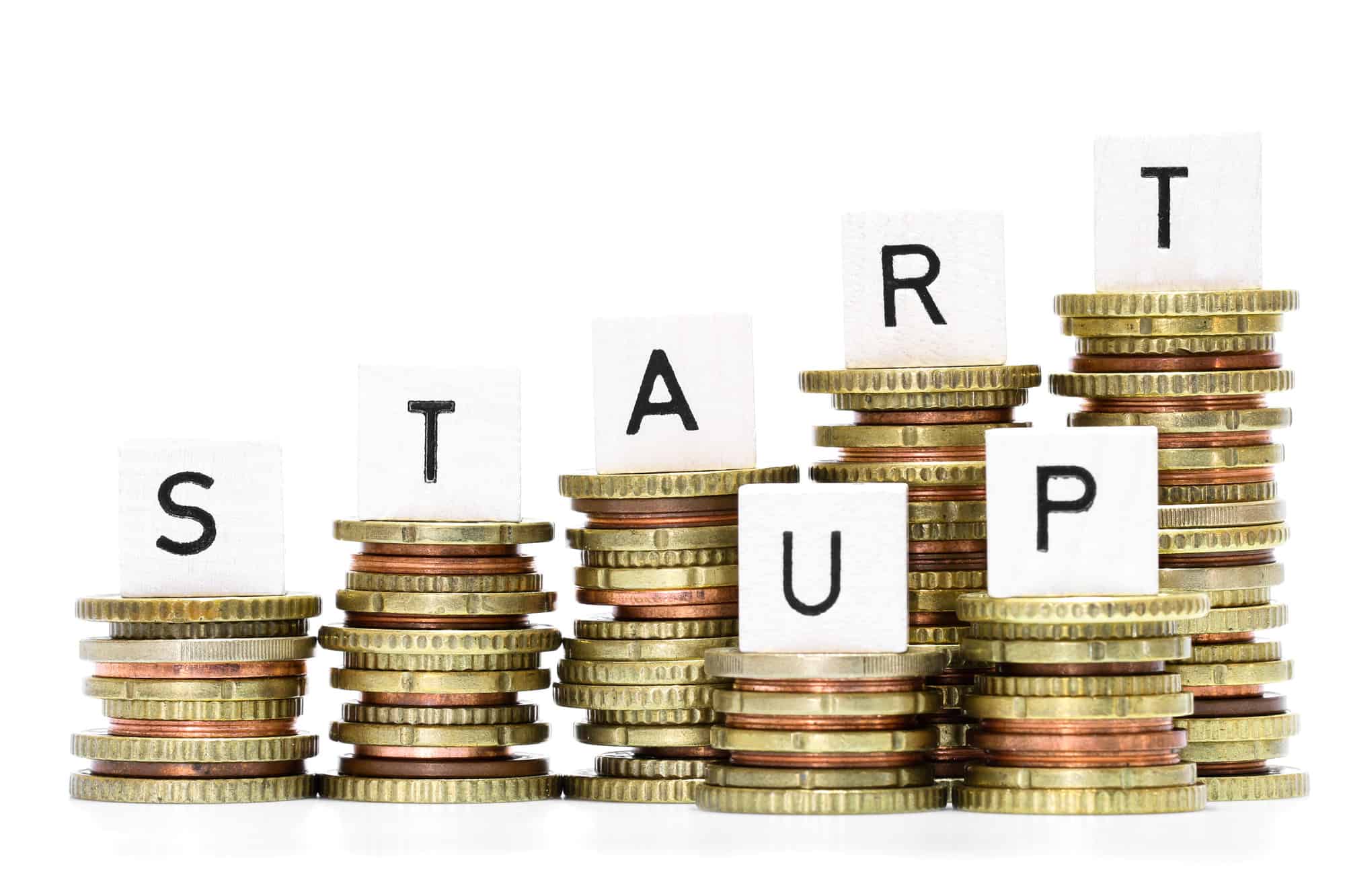If you’re starting a new business, one of the first questions you face is the following: “Where will I get the money?”
You know that startup funding is a vital part of ensuring your success.
If you don’t understand the types of funding available and what rounds mean, you will miss out on a lot of opportunities. Here’s a rundown of a startup’s various investment rounds explained, from what they are to what you canexpect in the process!
The Beginning: The Seed Round
You may set your eyes on Series A as your first step, but you’re actually missing a vital funding round! In the very beginning for a company, you may only have an idea or a prototype. If you can prove that there’s some demand for your product, you can start fundraising.
This first round, commonly called the seed round or the angel round, can involve a variety of investors. You may be asking for money from friends, family, and angel investors focused on early-stage companies.
You may not get much cash, and you may have to put up a lot of equity if you do. This is because your company is still unproven, and you don’t have a track record of success. Generally, a seed round ranges from $500,000 to $2 million.
Reaching Further: Series A Funding
With your seed money, you probably went from a one or two-person show to a business with a team and employees. So what’s next when you need to grow again? Series A funding.
Similar to the seed round, Series A startup funding is a pretty high risk for your investors. You’ll need a realistic valuation of your company, along with a business proposal and your financial results so far. You’ll need to be ready to give away more of your business, too.
The focus of Series A is to focus on scaling and taking advantage of new markets. It’s also a time to show your investors you know how to move from revenue to actual profit.
Series A startup funding often comes from traditional venture capital funds. You may have more politics to deal with because venture capital firms are often jockeying to maintain their position in the market. In Series A, you’re generally looking at raising $2 million to $15 million.
Building Towards Success: Series B Funding
If you’ve reached Series B, congratulations! Your company will probably show a higher valuation as it has continued to grow.
So what does Series B funding mean?
As with all rounds of funding, you’ll need to give away more of the pie to get additional investment. However, you’ll find that you can get more “bang for your buck” because your company now has a proven track record.
In the Series B round, you’ll probably be focused on using your funding to grow your team and refine your product. You’ll see the same investment firm players that you saw in Series A, although you may also see other investment companies that specialize in later-stage funding.
A Series B round usually raises between $7 million and $10 million.
Scaling Faster: Series C Funding
Wow, you’ve really made it! If you are looking for Series C funding, you’re truly successful. At this point, investors are trying to get on for the ride, expecting excellent returns.
Generally, companies move into Series C funding in order to continue to scale quickly. You may also be trying to increase market share, create a new product, or even acquire one of your competitors. Series C funding can help you grow into international markets as well.
Because Series C funding is much less risky for the investor, you will see interest from hedge funds, investment banks, and even secondary markets. Series C funding can be up to hundreds of millions of dollars.
The Big Kahuna: An IPO
An Initial Public Offering, or IPO, happens when a company decides to sell shares to the public. Your business would then join the stock market, and your share valuation would be based on your performance and other financial factors.
Once a company is in the market, the founders often have more freedom to make management decisions. The majority of shareholders don’t look to manage the firm, while investors might require a say in daily operations.
An IPO is often the final goal of a company that is raising funds. During an IPO, the investors and founders gain a way to “cash out” their position in the company. The leadership of the business also gains additional capital and flexibility.
Of course, simply going public doesn’t guarantee success. It’s still vital to run the company well, make good choices with money, and pursue competitive advantage. Otherwise, your shares can lose value and all of your hard work can become worthless.
Use Different Types of Funding Rounds to Build Success
As a startup or small business owner, you want your dream to succeed. Despite the myth of overnight success, it takes a long time and a lot of hard work to really “make it.”
Not only does success take time, it takes the right kind of support. I have decades of experience in startups and new companies, and I’d love to help you reach your goals.
Whether you’re aiming at an IPO in the future, or aren’t sure you even need a seed round, I can help you navigate the different types of funding available. Let me mentor you and share my expertise. Contact me today!




